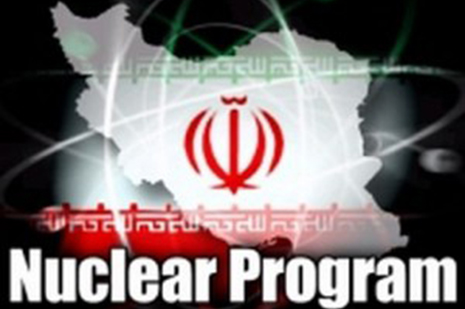This means that the US-led international sanctions against Iran will remain in place for at least the next seven months.
Iran as a developing country suffers from the imposition of the sanctions because they have not only hindered its development process but even reverse it, Saeed Yari, the Chief Secretary of the Organization on Iran`s National Interest Protection told Trend Nov. 25.
He added that the modality that was agreed in Geneva on removing sanctions gradually or all at once actually has been neglected. Only some small portion of the sanctions have been lifted and even during the negotiations the US Congress started sending signals for new sanctions, Yari said.
He argued that outcome of the Vienna nuclear talks was not positive for Iran, as each second of the seven months extension period imposes on Iran economic losses that will be followed by more dangerous economic stagnation.
The expert underlined that Iran’s economy already suffers from stagnation and it may be compounded in the next months as sanctions remain.
Iran entered the nuclear negotiation process to decrease the sanction’s pressure, Yari said, adding the goal has not been achieved yet.
He said the negotiating process is affected by radical viewpoints, mainly from the US side.
Yari forecasts that the negotiations also may be extended again after July 1, 2015 or new conditions may be imposed against the Islamic Republic. And the extending is an alarm for Iranian administration, in particular for negotiating team.
“If the negotiation continues under the US excessive and radical demands, a new extension may be suggested at the end of the current extension period,” he said.
While commenting on non-economic consequences of the nuclear talks’ extension for Iran, Yari said that it would raise disappointment among Iranians towards the negotiations.
Iran’s nuclear program almost halted as a result of the Geneva nuclear deal, he said.
“For instance Iran accepted to convert about 200 kilograms of its 20 percent enriched uranium to uranium oxide, which the country already spent huge assets and time in processing,” Yari added.
While the Geneva deal package is totally a loss for the Islamic Republic, if the loss continues with extension it may not be accepted by Iranian public opinion, he said. It is also against the viewpoints of the Iran’s Supreme Leader, Ayatollah Ali Khamenei, the Iranian expert underlined, saying the outcome of the negotiations is exactly reflecting what Khamenei forecast.
Last February Khamenei said he was not optimistic about nuclear talks with world powers but was not opposed to them.
"What our foreign ministry and officials have started will continue and Iran will not violate its (pledge) ... but I say again that this is of no use and will not lead anywhere," Khamenei said.
More about:















































